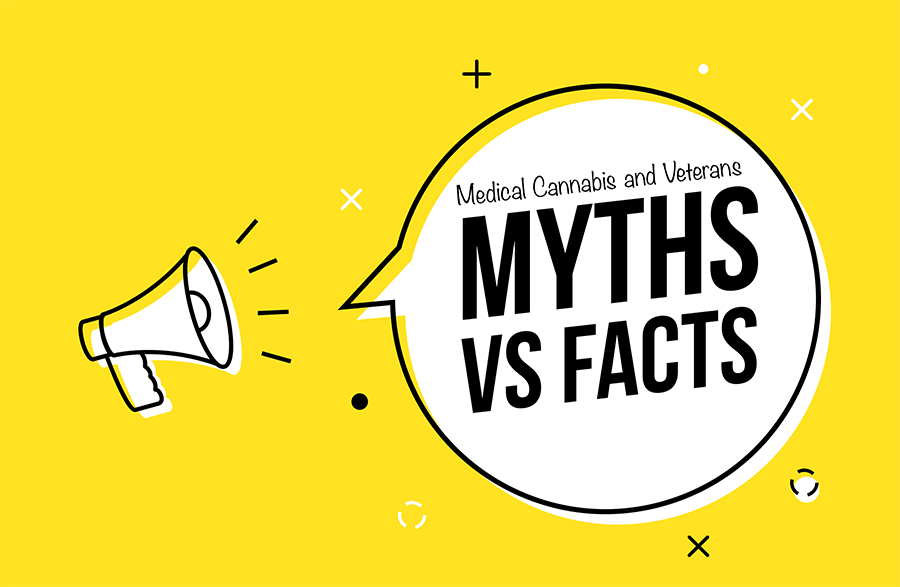The discourse surrounding medical cannabis is rife with misinformation. For our heroes – the veterans and first responders – misconceptions can often prevent them from seeking potentially life-changing treatments. Let’s debunk some common myths, especially in the context of cannabis for PTSD and the broader umbrella of marijuana for veterans.
Myth 1: Medical Cannabis Isn’t Scientifically Proven to Help PTSD
While research in the past has been limited due to legislative constraints, numerous studies have begun shedding light on the therapeutic potential of cannabis for PTSD. Preliminary results suggest that marijuana can help alleviate nightmares, insomnia, and anxiety – all common PTSD symptoms. Veterans, particularly, have reported symptom relief after using cannabis, making it an avenue worth exploring further.
Myth 2: Veterans Who Use Cannabis Are Just Seeking a High
It’s crucial to distinguish between recreational and medical use. Medical marijuana for veterans isn’t about the “high”. Many veterans opt for strains or products high in CBD, a non-psychoactive component, to manage their symptoms without feeling intoxicated.
Myth 3: Marijuana Can Make PTSD Symptoms Worse
Like any medicine, individual reactions can vary. However, generalized statements that cannabis exacerbates PTSD aren’t rooted in comprehensive research. On the contrary, many veterans have found solace in medical cannabis, and some studies corroborate its potential benefits for trauma-related disorders.
Myth 4: There Aren’t Safe Ways for Veterans to Consume Cannabis
The world of medical cannabis has evolved significantly. Today, there are various consumption methods, from tinctures and edibles to vaporizers, allowing veterans to choose a method they’re comfortable with and one that aligns with their medical needs.
Myth 5: Veterans Using Cannabis Lose Their Federal Benefits
The Department of Veterans Affairs has clarified that veterans will not lose their VA benefits for participating in state-approved medical marijuana programs. While VA doctors cannot prescribe medical cannabis, they can discuss it with their patients, ensuring that veterans receive comprehensive care.
The conversation around medical cannabis is more nuanced than it might seem at first glance. As research advances, we’re gaining a clearer understanding of the potential of marijuana for veterans, especially those grappling with PTSD.
At the HeroGrown Foundation, our commitment lies in supporting our heroes and ensuring they have access to all viable treatment avenues. Medical cannabis might not be the answer for everyone, but it’s essential that veterans and first responders have the information they need to make informed decisions about their health.
If you found this information valuable, please share it with others. Spreading accurate information can help diminish stigmas and pave the way for more veterans and first responders to find the relief they deserve.

